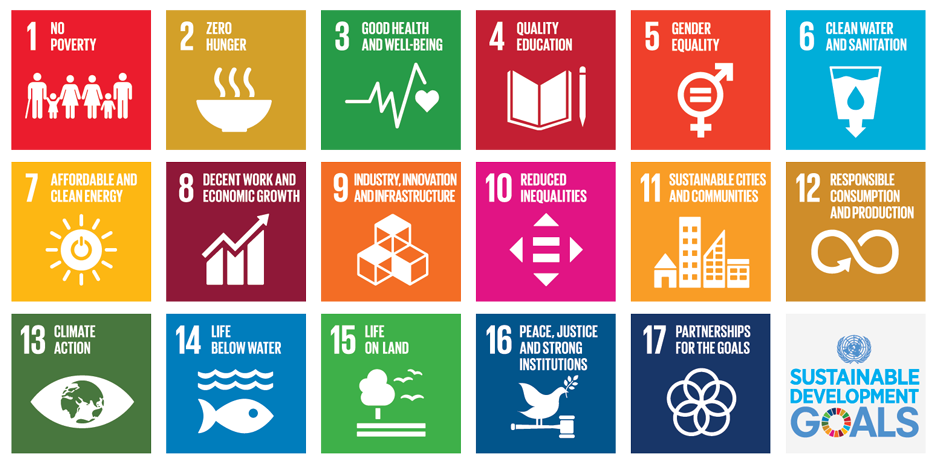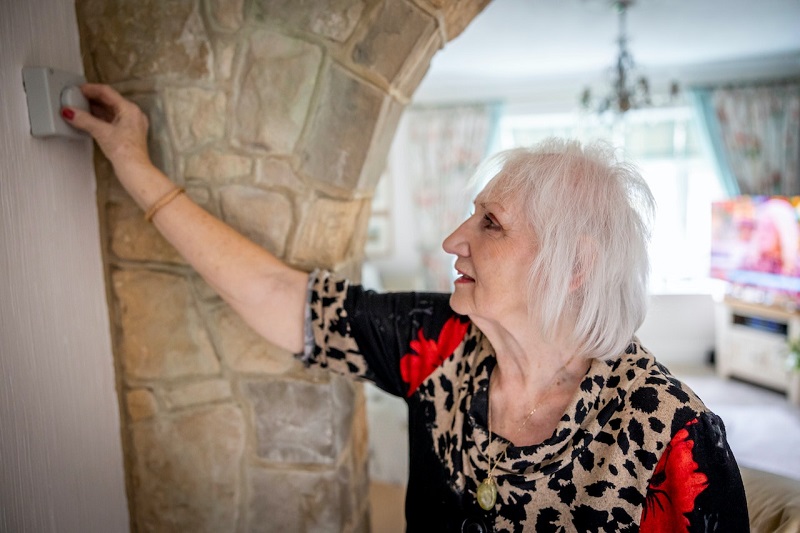Energy poverty is impacting the standard of living and mental wellbeing of Ireland’s most vulnerable citizens. To deliver solutions in line with Sustainable Development Goal (SDG) commitments, we need to listen to the lived experiences of these households says Lauren Minion, Sustainability Officer with the national housing and homeless charity, the Peter McVerry Trust.
According to Eurostat figures, about 35 million EU citizens (approximately 8% of the EU population) were unable to keep their homes adequately warm in 2020. This figure pre-dates the rise in energy costs caused by Russia's war in Ukraine and high global energy demand from economies bouncing back from Covid-19. This means even more households have been pushed into energy poverty and many already vulnerable people across Europe and Ireland are having to make difficult decisions regarding their energy usage. This issue of access to energy and energy services brings about the question of energy justice.
Energy justice is a concept that refers to the fair and equitable distribution of the benefits and burdens of energy production, distribution, and consumption. Access to energy is essential for basic human needs and is key to ensuring the fair distribution of opportunities and privileges within a society. In this sense, energy justice and social justice are closely interconnected.

SDGs poster. Source: SDG Academy & Creative Commons
In 2015, Ireland was among the 193 countries which agreed upon and signed The United Nations’ 2030 Agenda for Sustainable Development and its 17 Sustainable Development Goals (SDGs). This agenda was co-designed internationally for people, planet and prosperity. A key tenet of the 2030 Agenda was the pledge to “leave no one behind”, and to “reach the furthest behind first”. Ensuring energy and social justice are key to delivering on these pledges.
To achieve energy justice we must ensure that decision-making processes related to energy systems are inclusive and informed by the perspectives of people effected by energy poverty. To this end, I was involved in a recent study based in Ireland that explored the experiences of people living in energy poverty and the impact this was having on their lives.

Image source: Centre for Ageing Better
It was clear from the face-to-face interviews conducted as part of this research, that energy usage and bills was a source of worry and anxiety for participants. This echoes wider research which has shown that shame, worry, anxiety, stress, depression, fear and guilt are closely linked to energy poverty. It was evident that the financial stress of energy bills was leading many participants to keep constant close surveillance of personal energy use.
“Even though I wouldn’t be using much of it, if (the heating) is on I feel the money going down … I can feel the money going out the window … I really worry about it … even though I can pay it, it probably won’t be that much. It’s just the thought of the bill going so high.”
Some participants had taken drastic steps to actively lower their energy consumption, refusing to use certain forms of domestic energy. This had negative impacts on their standard of living. One participant didn’t put on the television or listen to music for fear of receiving a high energy bill. Another participant only showered on days they needed to go out, and reduced washing their hair to once a week. One participant compromised home broadband to ensure that they could afford to keep their prepay meter topped up, in addition to not buying “good wear” clothing. Many participants significantly reduced heating, with some not heating their homes at all, leading to cold homes and physical discomfort.
Feelings of loneliness and isolation were also noted in the interviews. The cost of energy was seen as limiting the opportunities of many interviewees to socialise and become involved in their communities. One participant explained their feelings of claustrophobia when they found themselves stuck in the city, unable to afford transport home due to the cost of the prepay meter. Another participant explained how higher energy costs were making it more difficult to meet friends and maintain a sense of independence:
“Yeah of course I worry a bit about it yeah, yeah. You don't want to be going around the street with nothing in your pocket either like. If a friend asks you to go down for a cup of tea or something you like to be able to buy your own and not depend on people like.”
Through this research exploring the experiences and impacts of energy poverty on people living in Ireland, we can see how energy poverty can lead to poorer health and wellbeing and create barriers to socialising and other valuable opportunities. In other words, we see how closely linked energy justice and social justice are.
If we truly want to “leave no one behind” and “reach the furthest behind first” in Ireland’s SDG implementation plan, then consultation and collaboration are key. We must consult with communities facing energy injustice, and we must seek multi-sectoral collaboration between energy suppliers, government, and non-profit actors. Only then can we find workable solutions for addressing energy injustice, and in doing so, support social justice.
Essay first published 19 April 2023.
About the author
Lauren Minion is a Sustainability Officer with the national housing and homeless charity, the Peter McVerry Trust. She completed her Masters of Science in Sustainable Development from University College Dublin in 2022, carrying out research that focused on issues of energy poverty and vulnerability. Her research focuses on the intersection between environmental considerations in the clean energy transition and the SDGs, and social justice principles.
About the series
The A-Z of Environmental, Climate and Sustainability Research is a new series of short essays by UCD postdoctoral and postgraduate researchers, technical and research support staff, about their work. The series is developed and curated by the Earth Institute Associate Member Committee led by Hannah Gould, a PhD student at BiOrbic and the UCD School of Architecture, Planning and Environmental Policy, and Earth Institute Communications and Engagement Officer Liz Bruton. If you'd like to submit a piece for the series do get in touch!
Find out more about the Anthropocene with Nick Scroxton, Bees with Katherine Burns, Cannabis with Caroline Dowling, Degrowth with Ciarán O'Brien, Education with Georgina Fagan, Finance with Shane McGuinness, Gaia with Federico Cerrone, Hydrometry with Kate de Smeth, Innovation with Hannah Gould, Justice with Lauren Minion, Kelp with Priya Pollard, Landscape part 1 with Tomas Buitendijk, Landscape part 2 with Amy Strecker and Amanda Byer, Reusing microbial ‘bathwater’ for sustainable drug production with Laura Murphy, and Mammals with Virginia Morera-Pujol in our latest essays.
Further reading
Transforming our world: the 2030 Agenda for Sustainable Development - Transforming our world: the 2030 Agenda for Sustainable Development | Department of Economic and Social Affairs (un.org)
Energy poverty in the EU, European Commission - https://energy.ec.europa.eu/topics/markets-and-consumers/energy-consumer-rights/energy-poverty-eu_en
Energy poverty and deprivation in Ireland, a report by ESRI - https://www.esri.ie/publications/energy-poverty-and-deprivation-in-ireland


